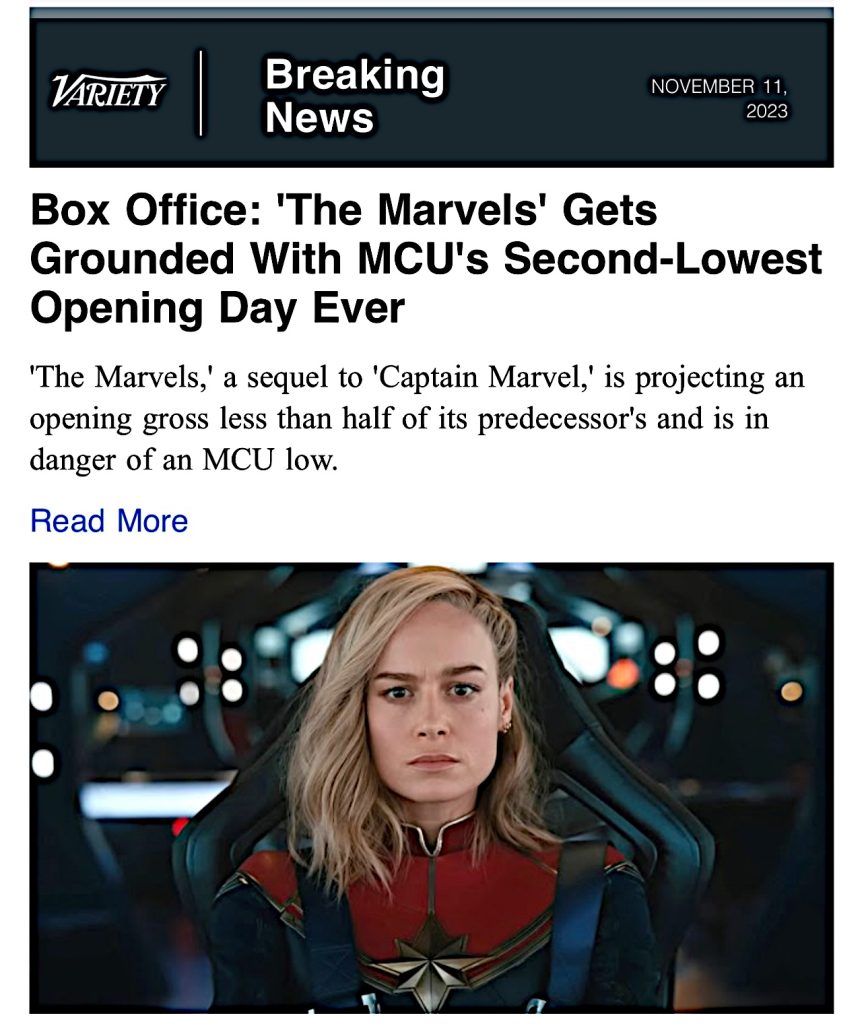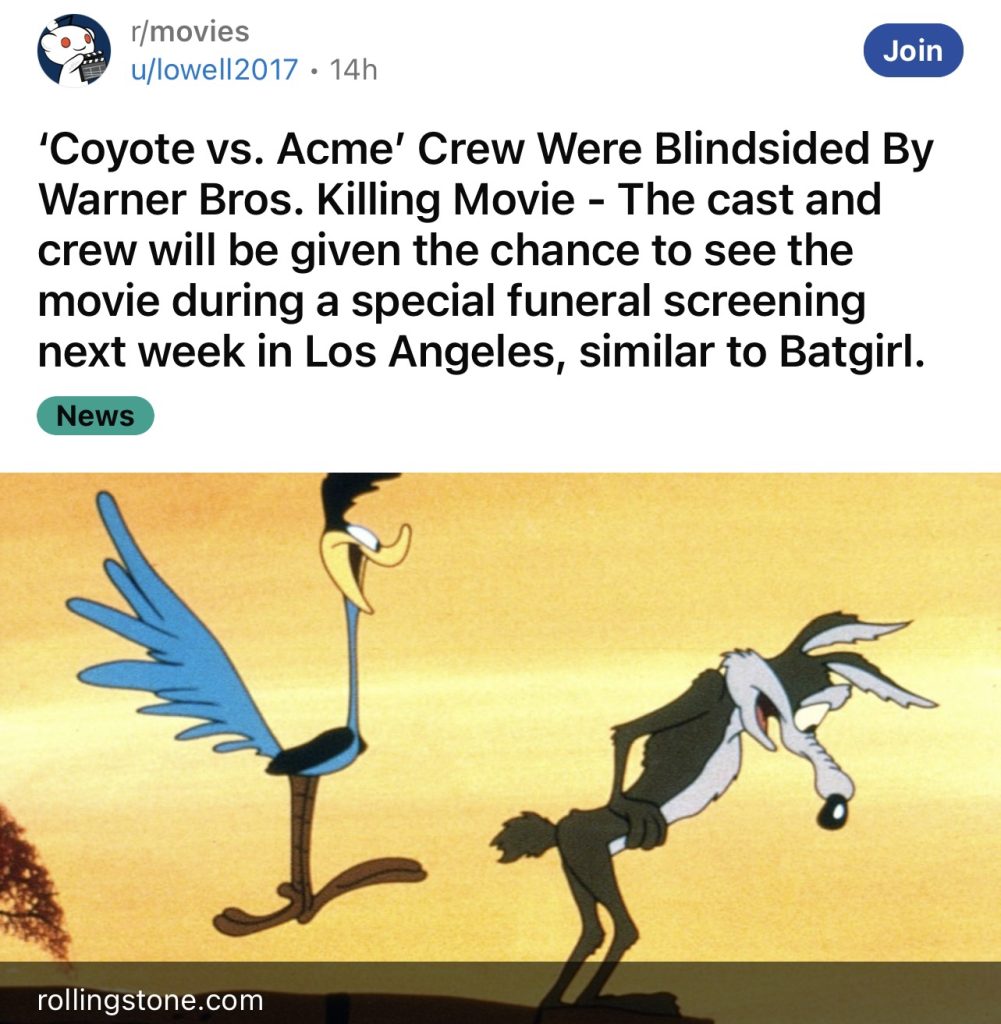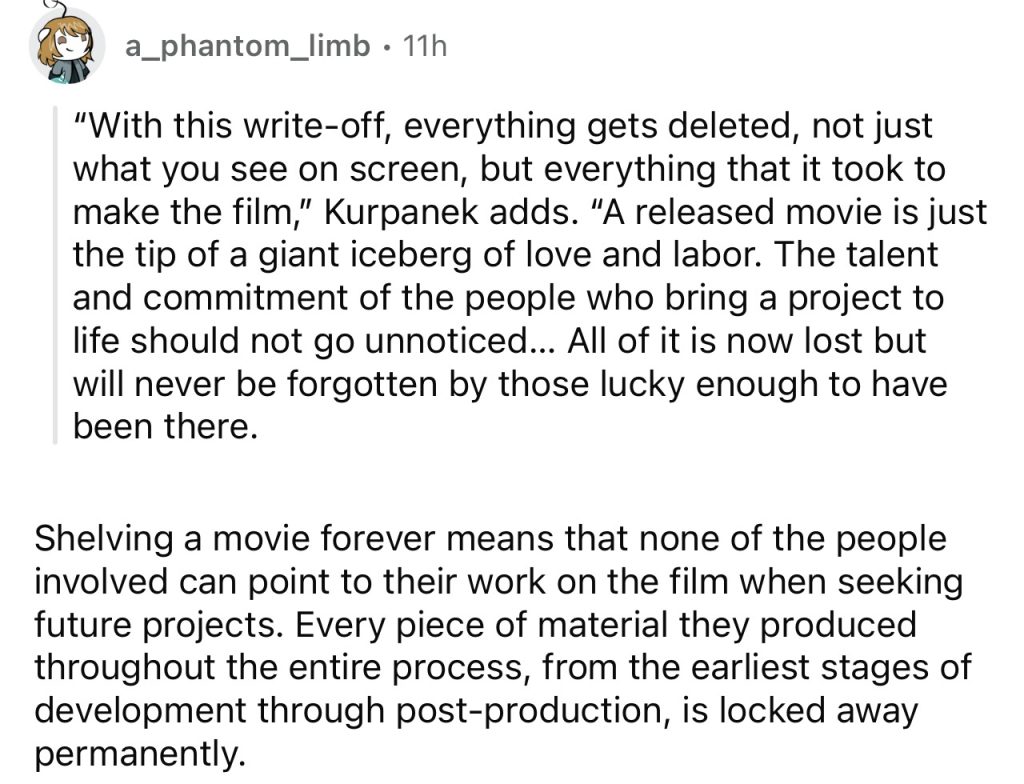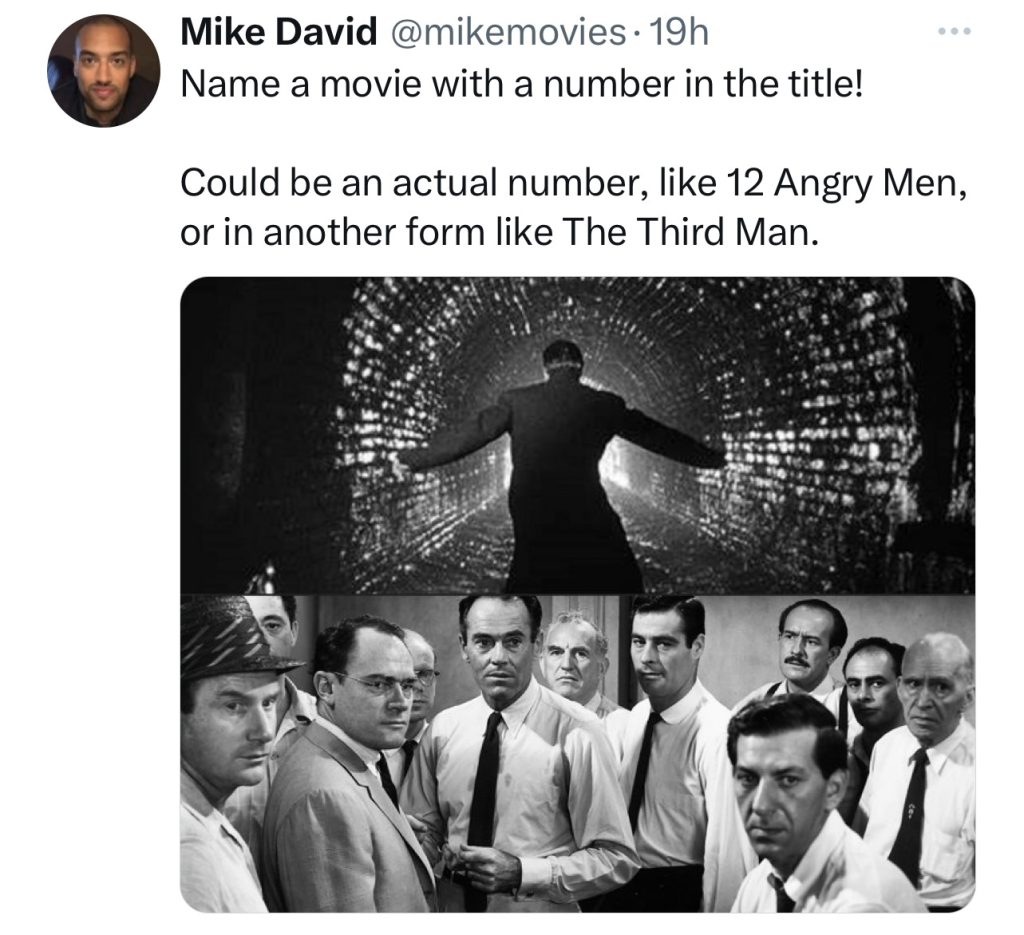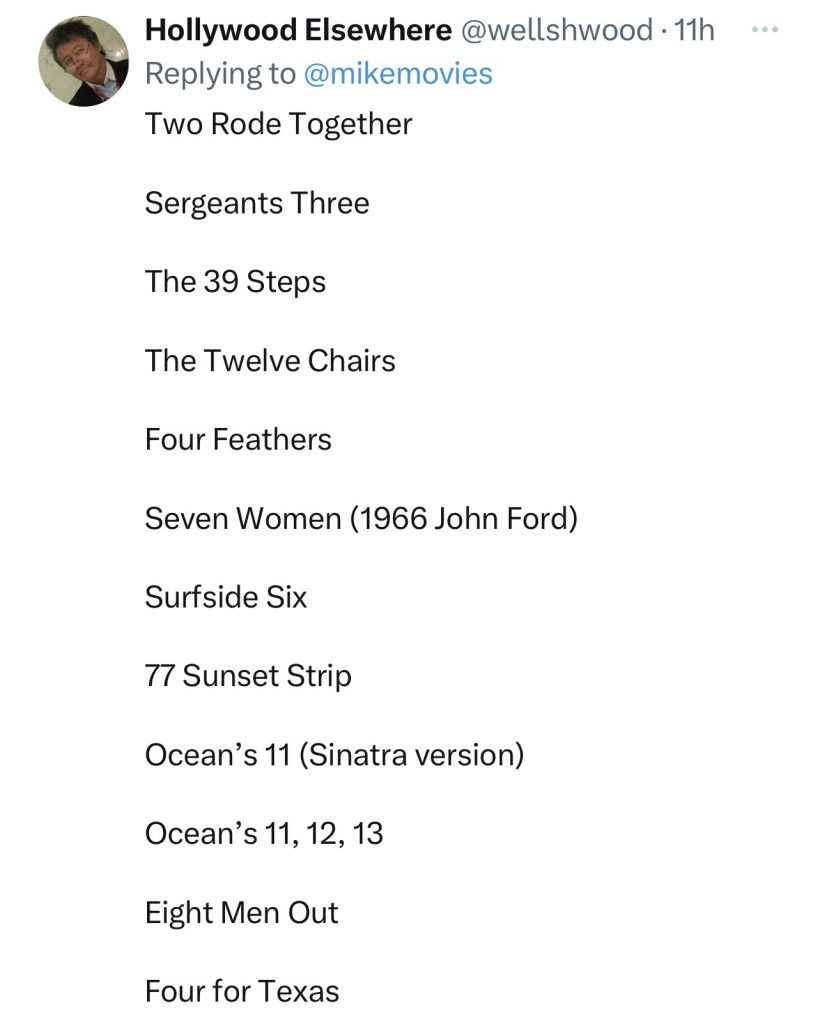In The Matter of Anne Archer
Friendo: Was there ever an actress who graced more blockbusters but had less to show for it than Anne Archer? Adrien Lyne‘s Fatal Attraction. and Phillip Noyce‘s Patriot Games and Clear & Present Danger. Big hit movies, and she was even Oscar-nominated for her performance in Lyne’s thriller. But she never seemed to reap the appropriate benefit. Now 76, Archer was very talented, beautiful and quite likable, but was there finally just something a tad insubstantial going on?
HE to friendo: Archer was a classy and respected second-tier actress, and of course she peaked during her late ’80s to mid ’90s heyday. She’s been acting since the early ’70s, and at least she peaked during the Poppy Bush and Clinton eras! Plus she’s still with us at age 76 or thereabouts.
Archer was always a highly skilled actress, but there was always something a bit conservative and Fairfield County about her. I saw her in John Ford Noonan‘s “A Coupla White Chicks Sitting Around Talking” at a theatre across the street from the Public at Astor Place, and thought she was excellent. But she mainly seemed to play bland, nurturing wife-mothers who were married to corporate, upper-middle-class alpha-males.
Archer never played cold corporate types on her own steam or sexual dynamos or murdering bitches a la Glenn Close or action sidekicks or frosty district attorneys. Like almost every young actress of yore she performed in the requisite number of sex scenes, but nothing in the 9 1/2 Weeks realm.
Noyce and Lyne cast Archer in her most commercially successful films, but in so doing she kind of became known as the consummate classy wife. In a way these castings seemed to vaguely suppress her career. Or do I mean that she was too convincing as the classy homemaker, such that no one could see her as anything but?
Wiki excerpt: Since the 2000s, Archer has sporadically worked in acting. She appeared in the film Lullaby (2014) and made her stage debut as Mrs Robinson in the West End production of The Graduate in 2001. She played the eponymous actress in The Trial of Jane Fonda at the 2014 Edinburgh Festival Fringe, and had recurring roles on television shows such as Boston Public (2003), It’s Always Sunny in Philadelphia (2006) and Ghost Whisperer (2006–2008).
Friendo to HE: Maybe JoBeth Williams is another of her ilk (and from roughly the same time period): Attractive and talented, but, as the producers and agents are fond of saying, “She’s just not a lead.” I’d love to have seen Archer playing an amoral Maddy Walker-type (i.e., Body Heat). Or someone whose warm, nurturing demeanor masked a heart of ice.
I Don’t Feel Safe
…around people who say “see this movie only with people you feel safe with.”
What might happen of an unwelcome nature if you were to see, say, an ethnically-focused film with someone or a group of people you didn’t feel “safe” with? What would these imagined threat people do that might mess with your heads or feelings? How would they malign your viewing experience?
Remember that 20something TikTok woman who called upon white moviegoers to not attend commercial showings of Black Panther: Wakanda Forever on opening night?
I’ve been watching films all my life (starting at age four or five) without knowing or caring to know if people sitting around me were “safe” or not. As long as they don’t talk or text or take their smelly shoes off I can watch films with anyone.
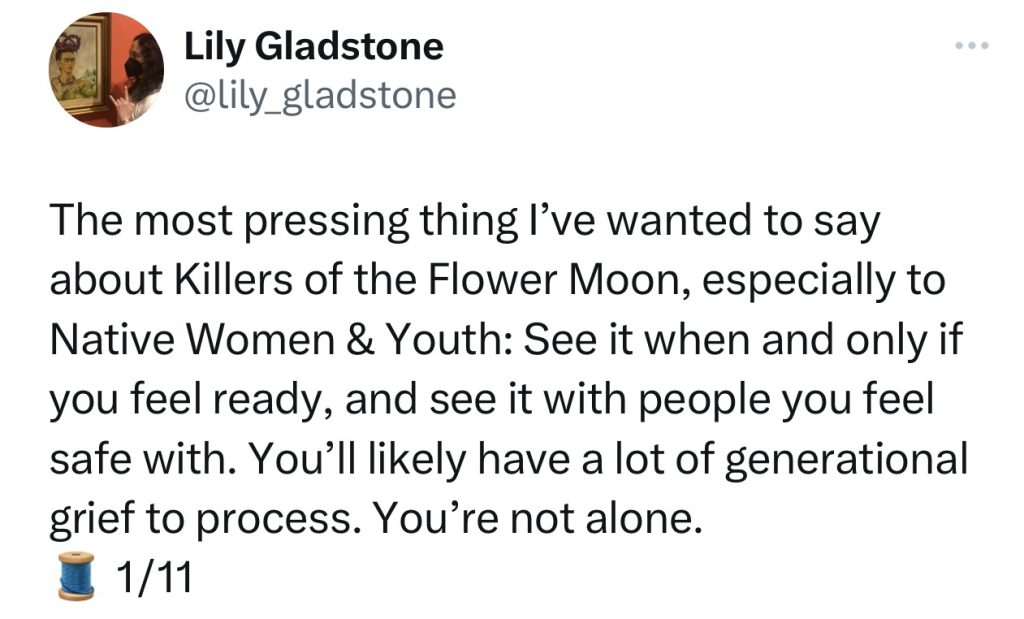
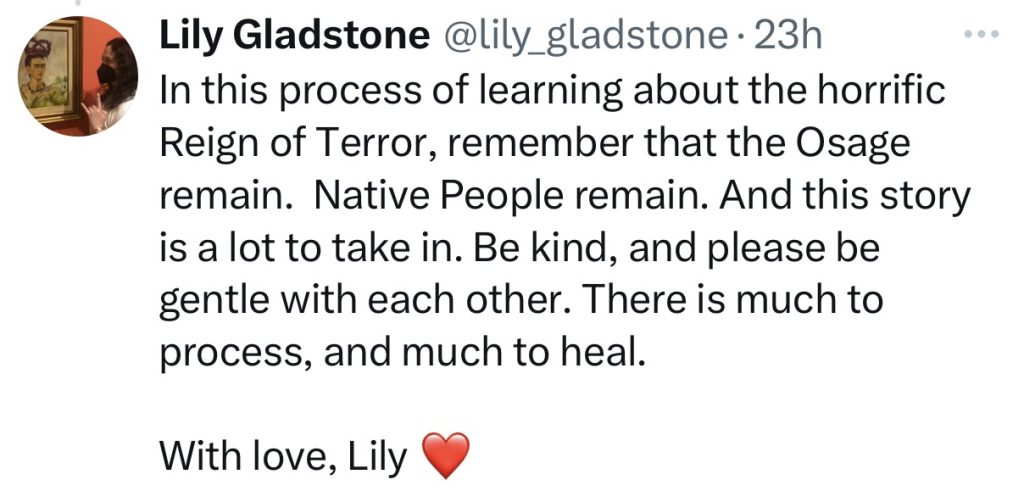
I Don’t Want Biden To Die
Because I really don’t want Kamala Harris to take over. Really. I’m a center-lefty (i.e., a centrist with a classic liberal history before the scourge of wokeism) but I’d honestly feel better about Nikki Haley. She’s a better candidate now than Harris was in ‘19 and early ‘20.
“That’s the one thing that Democrats and Republicans have in common — they’re both waiting for their [likeliest Presidential] candidates to die.” — Bill Maher monologue, 11.10.23.
Farewell, “Coyote vs. Acme”…For Now
Yesterday Warner Bros.s David Zaslav shelved the finished and ready-to-go Coyote vs. Acme — no theatrical or MAX release. From this act of brutality WB derived an estimated $30M writedown, with Coyote vs. Acme having cost $70 million.
Had a lot of fun scoring Coyote Vs Acme. As no one will be able to hear it now, due to bizarre anti-art studio financial shenanigans I will never understand, here is a bit of behind the scenes footage of our “Meep Meep” Roadrunner choir, with apologies to Tchaikovsky… pic.twitter.com/HL7h00rXpp
— Steven Price (@SteveBPrice) November 10, 2023
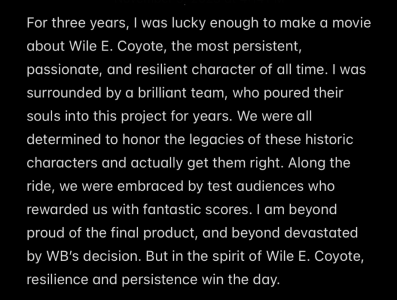
Another Portrait of Hitchcock’s Pervy Inner Life
I was lucky with the ladies for a fairly long stretch, from the mid ’70s until the late 20-teens. My hound-dog period ended precisely in June of ’17, when Tatiana and I tied the knot.
Before that moment I was mostly just fortunate. Either women find you attractive or they don’t. You can’t talk them into anything they don’t want to do — they hold the cards and control all the traffic lights.
I was a celibate, low-self-esteem nerd in my teens, but after hitting my early 20s I was blessed with dozens of glorious green lights for many subsequent decades. (I was faithfully married between ’87 and ’91.)
In this respect Alfred Hitchcock was one of the unlucky ones. He was obviously quite brilliant, wealthy and powerful during his directing heyday (mid 1920s to mid 1960s), but women found him ugly and Uriah Heepish, and despite his obvious interest and heated libido he never got anywhere.
When he entered his early 20s he should have just said “aahh, fuck it…God has both gifted and cursed me, and I’m just not going to score…women find me grotesque and that’s that.”
Alas, Hitch kept expressing himself in sexual ways throughout most of his life. Indirectly (mostly through surrogates) but creatively and forcefully.
For many decades the standard narrative about Hitchcock has been that he was more than a bit of a misogynist — cruel, pervy, sexually frustrated.
This view was launched almost exactly 40 years ago by Donald Spoto‘s “The Dark Side of Genius” (’83). It certainly got the ball rolling.
Roughly 29 years later Spoto served as script consultant for Julian Jarrold‘s The Girl (2012), an HBO/BBC flick based on Spoto’s Hitchcock books (the other two were “The Art of Alfred Hitchcock” and “Spellbound by Beauty”). Hitch and his Birds/Marnie victim Tippi Hedren were played by Toby Jones and Sienna Miller. (Not a good film.)
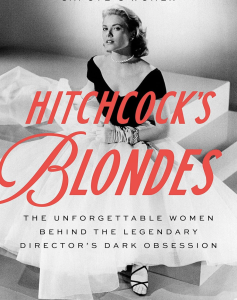
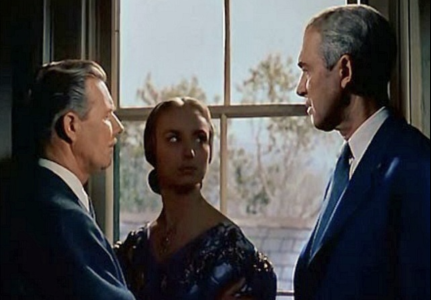
In the fall of 2016 came “Tippi: A Memoir”, in which Hedren passed along first-hand accounts of Hitchcock sexually assaulting and generally pressuring and tormenting her…”I’m giving you a career…how about some reciprocity?”
On 6.21.18 noted critic David Thomson posted a London Review of Books essay about Hitchcock‘s notoriously perverse (and arguably misogynist) Vertigo. The piece questioned whether Vertigo was an acceptable fit in the #MeToo era. Given Hitchcock’s creepy attitudes toward women on-screen (and his behavior toward Hedren in the early ’60s), Thomson doubted that Vertigo would be #1 again when Sight & Sound critics voted in 2022.
Thomson turned out to be right. In an act of seeming woke ballot-stuffing, Chantal Akerman‘s Jeanne Dielman became the new S&S champion.
Now comes another Hitchcock study, one that basically says that he greatly enhanced the careers of several blonde actresses even though he was a fascinating creep — Laurence Leamer‘s “Hitchcock’s Blondes.”
Yesterday The Atlantic posted a mostly negative review by Matthew Specktor, titled “The Baffling Cruelty of Alfred Hitchcock.” Here are excerpts:
“Despite a title that may come off as objectifying, Leamer’s book is in many ways empathic and thoughtful, and he seems ready to train a generous eye on these actresses, to extract them from Hitchcock’s shadow without shoving the director under the wheels of his own limousine.
“The Hitchcock depicted in these pages is lonely and remote, yet also controlling and often vicious, at once fearful of and fixated upon sex, a devoted caregiver to his wife during her later years and, as Leamer is not the first to speculate, possibly undiagnosed with Asperger’s syndrome.
“The intention here is not so much to redraw our understanding of Hitchcock as it is to shift the emphasis altogether: to provide a new picture, or rather a series of pictures, of the actresses whose lives and careers are too often viewed in relation to the director’s.
“The problem is, Leamer doesn’t quite bring enough to the table. He doesn’t have much in the way of new information, and however nobly he strives to foreground the women in Hitchcock’s orbit, the book comes to life only when the director emerges from the wings to reclaim the stage. Leamer’s attention to the details of the actresses’ erotic lives can also give off a whiff of misogyny.
Holiday Celebration…C’mon!
I’ve sliced out the date and location of this festive affair, but doesn’t it feel great with the SAG/AFTRA strike over and done with and actors finally free to mix and mingle?
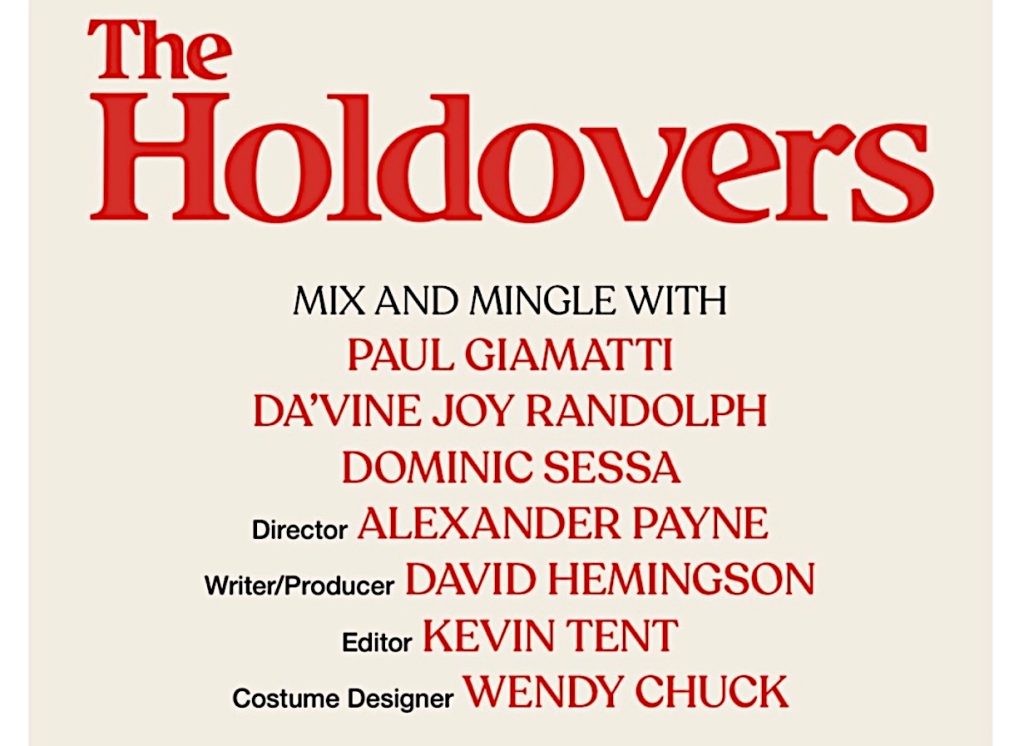
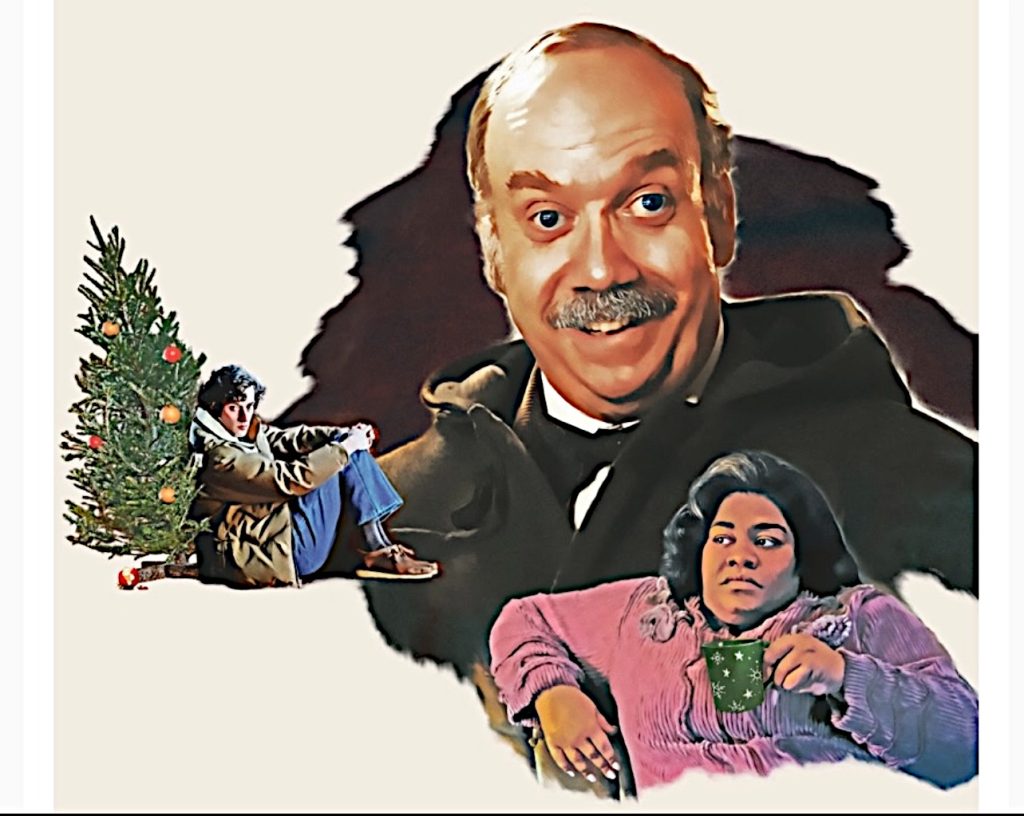
Best Supporting Actor Passions
HE salutes FYC’s Scott Mantz for sticking his passionate neck out and predicting that Blackberry‘s Glenn Howertion will might snag a Best Supporting Actor nomination.
Perri Nemiroff is also a Howerton supporter….respect.
Unfortunately Jeff Sneider doesn’t show the same level of conviction and cojones — he only has Howerton as his tenth-favorite choice. Why? Not because Howerton’s performance as former BlackBerry honcho Jim Balsillie isn’t excellent, but because BlackBerry “is such a small film” and blah-dee-blah. What Sneider is saying is that the frugal-minded IFC Films isn’t spending any money to push Howerton…that’s what he really means.
My second favorite Best Supporting Actor contender is Dominic Sessa in The Holdovers. A great debut performance. Can’t be denied.
I wasn’t especially knocked out by Robert Downey, Jr.‘s performance as the slimy, weasel-like Lewis Strauss. He’s fine but I really don’t get the jumping-up-and-down. Barbie‘s Ryan Gosling is appealing as Ken, but it’s a broad, self-mocking, look=at-what-a-clueless-child-I-am showboat performance. Robert De Niro is dullsville in Killers of the Flower Moon. I haven’t seen American Fiction so I have no opinion on Sterling K. Brown. Mark Ruffalo‘s selfish, self-lampooning shithead in Poor Things is a meh.
Charles Melton‘s performance in May December isn’t happening…forget it.


